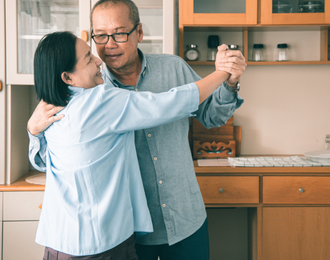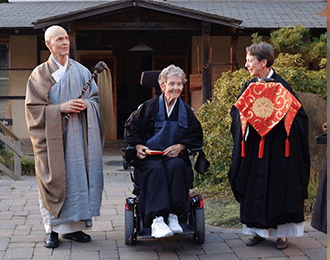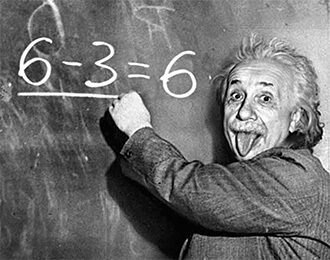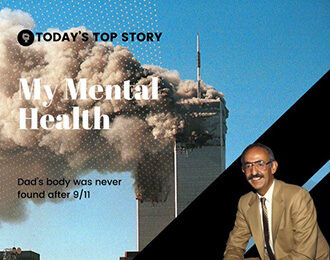Asking for help doesn’t make you weak

News Sections: Health, Mental Health, Updated January 2022
Many people wrongfully believe Veterans only seek out therapy because they struggle with mental health issues due to combat exposure. This is an assumption in the public, and as a clinical psychologist and former Marine, I know that it just isn’t true.
While there are Veterans for which this is the case, many of the Veterans I see in my practice are dealing with major depression or anxiety due to other life challenges.
These issues may range from relationship and marriage problems to difficulty transitioning to civilian life, as well as problems surrounding money and work. Additionally, many of the Veterans have indeed experienced trauma, but it is often due to childhood and family trauma.
No matter the source of their trauma, I believe therapy can help Veterans start to heal.
Therapy can start the path to healing
The first and most important benefit of therapy is that they have a place to vent – a place to tell their story. There is nothing more powerful for healing than sharing our stories. It helps Veterans find the root cause of their problem while finding solutions to address those challenges.
Therapy helps Veterans better understand their inherent strengths and use those strengths to improve their lives. Therapy also helps Veterans see that going to therapy does not mean we are “weak,” but instead that we are brave for facing our challenges head on.
When I tell Veterans that therapy is harder than any training they ever had, suddenly they want to take you up on the challenge. Funny how that works.
Ongoing stigma holds some Veterans back
In addition to the perception that they will be seen as weak, one of the greatest barriers Veterans faces in receiving mental health care is the ongoing stigma around getting therapy.
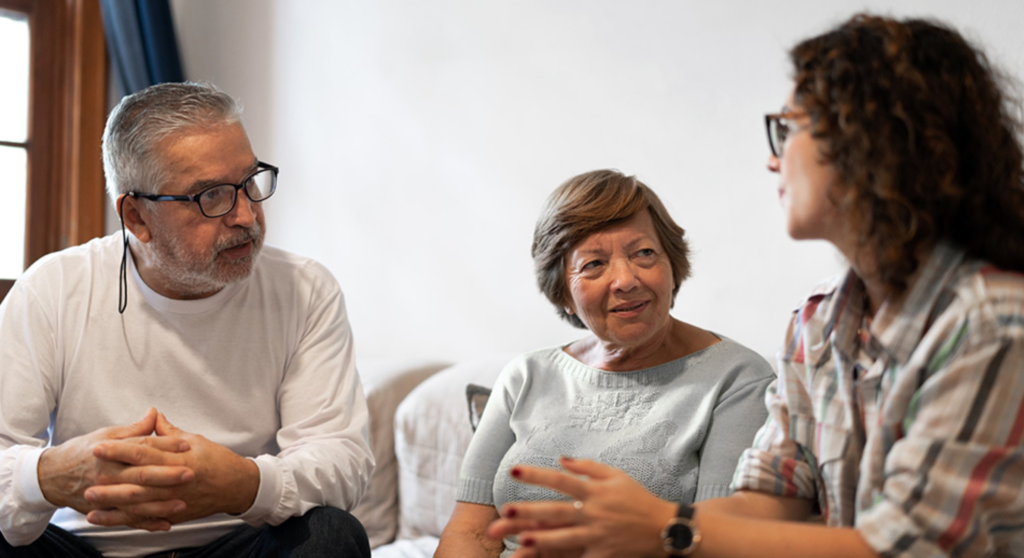
Support of family members and friends can be invaluable
Veterans often express concern over labels, such as “crazy” and “mental health patients,” as well as military attitudes (such as, “suck it up”) fostering feelings of weakness and failure.
Unfortunately, this leads to many Veterans assuming they are not “sick enough” to get therapy because their situation is “not that bad.”
One of the greatest support systems many Veterans have is their family members and loved ones, including fellow Veterans.
Simply listening without judgment is one way to help a Veteran loved one. Another way friends and relatives can be supportive is to be on the lookout for common signs that the Veteran is dealing with depression or anxiety.
These include withdrawing socially, constant irritability, increased sleep or sleep deficits, heavy substance use or abuse, feeling constantly on edge, or having anger outbursts even regarding minor issues.
Lastly, I think it is important that family and loved ones continue to encourage the Veteran to seek help, even if that means simply finding a support group with other Veterans.
One of the things I have been most impressed with is that in the last several years, there have been a growing number of groups, organizations and companies that support Veterans. Families should take the time to learn about these resources and not be afraid to suggest them.
Tools and coping mechanisms for Veterans
Ultimately, though, it is the Veteran’s decision to seek out ways to feel better.
One of the best tools that Veterans can use to support their mental health is to find ways to be around other Veterans. While it is not therapy, it does provide Veterans with a sense of purpose they often lack after separating from the service.
Being around other Veterans also helps give them that crucial sense of camaraderie that they experienced while in the service.
Veterans can also find support from non-military people and organizations. I’ve come across so many individuals who were not in the service but have such a great passion for helping Veterans. Usually, they have family members who are/were in the military or come from families with a long line of military service.
Veterans can create their own playbook of strategies
The ultimate objective is for Veterans to find a place to share their story. Maybe this comes in the form of speaking at a local school or church. Perhaps it means sharing your own challenges with mental health. We never know who we are inspiring with our story.
I think one of the best ways to overcome our own struggles is to help others.
Another tool is, simply, therapy. Veterans need to get past the stigma that therapy is for the “weak.” For me, therapy is not just about overcoming PTSD, depression or anxiety symptoms. For me, therapy is about all of those things and also figuring out what “makes you tick.”
With this information, Veterans can then create their own playbook of strategies that will help them cope with the world and create a meaningful life.
Find ways to help a Veteran in crisis and prevent Veteran suicide at BeThereForVeterans.com.
If you’re going through a tough time and need support, the Veterans Crisis Line is available anytime, day or night.
You can even call if you’re concerned about a fellow Veteran. Call 1-800-273-8255 and Press 1, chat online, or text 838255.
Dr. Carlos Garcia is the owner of Tampa Counseling and Wellness. There, he treats Veterans with depression, anxiety, PTSD, and other transition issues. He serves on the board of directors of Veterans Counseling Veterans, a non-profit organization that works to provide Veterans with the mental health services they need. He served in the U.S. Marine Corps for eight years.

